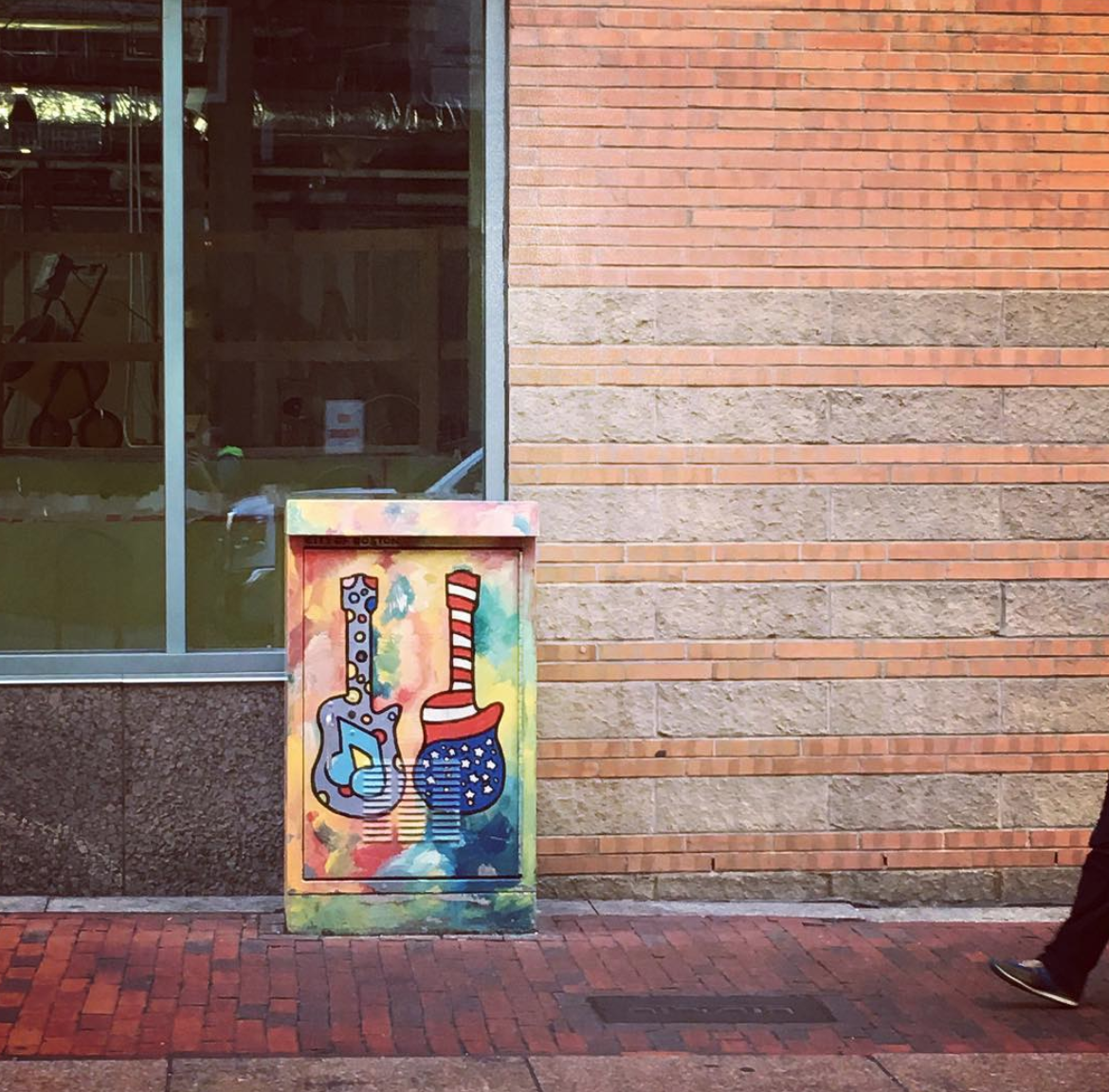
The more irons you have in the fire, the less time you have to cry over spilled milk.
The sheer volume of projects simply won’t allow for that kind of unnecessary dwelling and sulking.
That’s how entrepreneurs keep up a steady pace of work and efficiently insulate themselves against the inevitable disasters and rejections and disappointments of doing business. The managing of multiple projects at any given time becomes a redundancy system that prevents the company from relying on a single point of failure.
No one problem can knock you off course. And you never feel like you have to start from scratch every time you fail.
Investors have been using this strategy for years. In volatile markets where asset values rarely move up and down in perfect synchrony, having many irons in the fire reduces the investor’s exposure to risk.
Shakespeare was accurate when he wrote:
My ventures are not in one bottom trusted, nor to one place, nor is my whole estate upon the fortune of this present year, therefore, my merchandise makes me not sad.
And so, keeping many irons in the fire not only protects the enterprise, but also preserves the spirit. It relieves the pressure of having to put all your eggs in one basket, allowing you to sustain momentum over the long haul.
Whether you’re running a small company, managing a project or searching for new job opportunities, stay diversified.
Acknowledge the likelihood of rejection and build hedges against it.
It’s a highly efficient strategy for assuring that your eyes remain alive with hopes for the future.
LET ME ASK YA THIS…
How many different projects are you working on right now?
* * * *
Scott Ginsberg
That Guy with the Nametag
Author. Speaker. Strategist. Inventor. Filmmaker. Publisher. Songwriter.
 Buy my latest devotional!
Buy my latest devotional!
A Year in Hot Yoga: 365 Daily Meditations for On and Off the Mat.
Now available wherever books are sold.
Namaste.


















